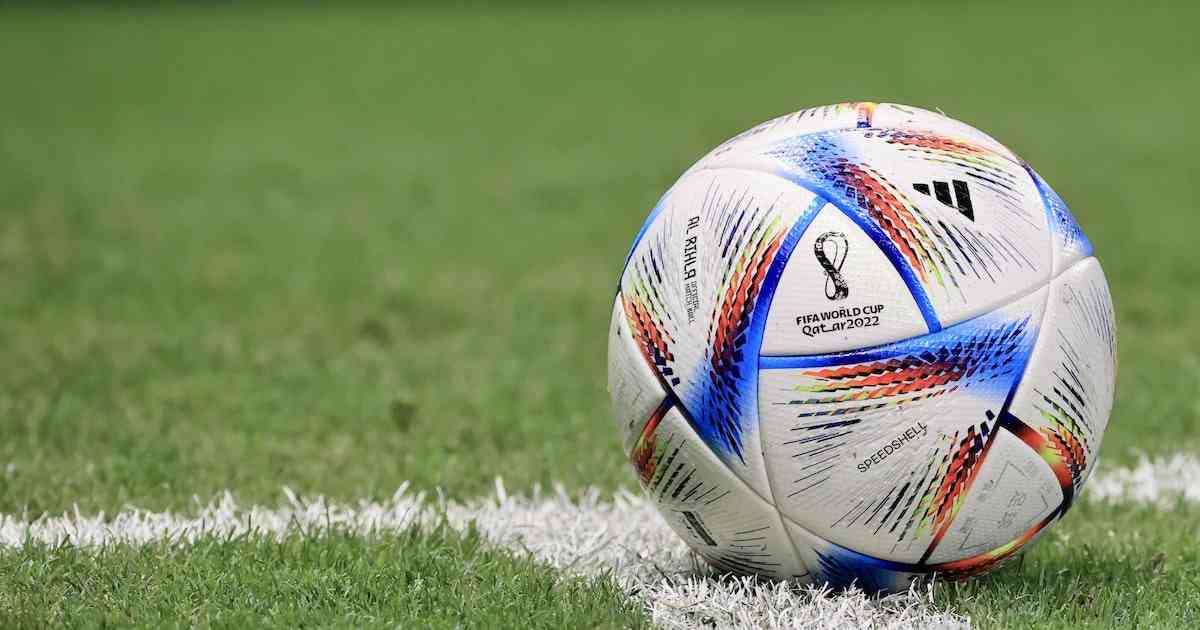
THERE was a classic moment in one of the early Pink Panther films when Inspector Clouseau asked a barman if his dog bites, to which the barman replied, “No!” The Inspector therefore bent down to stroke the dog at which point the dog bit the Inspector.
The Inspector cries out to the barman, “I thought you said your dog does not bite?” The barman replied, “He doesn’t. That’s not my dog!”
Another story has a teacher ask her Primary class to explain to a class of 8-year-olds the harmful effects of drinking alcohol.
She placed two glass jars of worms on her desk. Into the first jar, she poured some water. The worms continued to move about, not adversely affected.
Then she poured a bottle of whisky into the second jar. The worms became still, mortally stricken. She asks one of the pupils: “Johnny, what is the lesson to be learned from this experiment?”
Johnny replied: “I guess it proves that it is good to drink whisky, because it will kill any worms you may have in your body.”
What is the lesson to be learned from these two examples? It is simple: it is important to ask the right questions. Ursula K. Le Guin noted that "There are no right answers to wrong questions." Before Henry Ford built his first car, he was quoted as saying: "If I had asked people what they wanted, they would've said faster horses."
The right answer, but the wrong question. The actress Vanessa Redgrave put it clearly: "Ask the right questions if you're going to find the right answers."
- Paranoid Zanu PF regime cannot be trusted with solving Zim’s problems
- Zim’s poor batting hands India series
- Raza opens up on career threatening cancer scare
- Chevrons to maintain fearless approach against India
Keep Reading
The fact is though that we tend to ask the wrong questions. When a child gets a piece of work back from the teacher he is inclined to ask, “What did I get?” That is the wrong question. In asking it, the child shows he is only concerned with passing, with doing the minimum amount of work possible.
Interestingly, the child often follows it up with a second question, asking his neighbour, “What did you get?” All this shows is that he is only concerned about beating one of his friends (have you ever noticed however that a child will never ask that question to a friend who will have got higher marks?) Those are the wrong questions.
The right question would have been: “What must I learn?”
It is the same when it comes to sport. What is the first question a parent asks when the child comes home from a match? “Did you win?” That is the wrong question and cannot bring the right answer.
The reason for that is if the answer is “Yes”, the child will think he is brilliant, and will not bother to practise, because he has been made to think that his value or worth is purely dependent on him winning; but if the answer is “No” the child will think he is useless, that there is no point in trying, and he will try to blame others (be it the ref or the opposition).
Either way, nothing has been gained. Instead of asking the question, “What did you get?” or “Did you win?” we will do far greater good if we ask other questions.
Firstly, we should ask, “What did you learn?” Did the child learn why he won or lost? Did he learn what he can and cannot do? Secondly, we should ask the question, “Did you enjoy it?” He needs to learn that he can enjoy sport even in defeat.
Thirdly, we should ask, “Did you benefit from it?” In effect that is asking if he is stronger from the experience, wiser or even just better equipped.
Whether we win or lose, do well in a test or not, we can still learn, enjoy and benefit from the experience. The same parents who ask their child “What did you get?” after a test, ask the school, “What is the percentage pass rate?” Again, it is implying that the worth of the school is dependent on their Pass Rate or on how much sport they win.
Equally teachers are encouraged not to put marks on their pupils’ work (but do put them in their mark book) as it will not help the children to learn. They need to learn, like us parents, to ask the right questions in life. As James Allen said: “For true success ask yourself these four questions: Why? Why not? Why not me? Why not now?”
Leo Babauta has said wisely, “At the end of the day, the questions we ask of ourselves determine the type of people that we will become.”
The French writer Voltaire alluded to something similar: "Judge a man by his questions rather than his answers." We can judge a sports coach or a parent body by its questions. It is quite simple really: if we get on the wrong train, we end up in the wrong place; so, if we ask the wrong question (Does your dog bite? Did your school win?), we also end up in the wrong place.
The only question to answer now is this: have we learned anything from this article?







